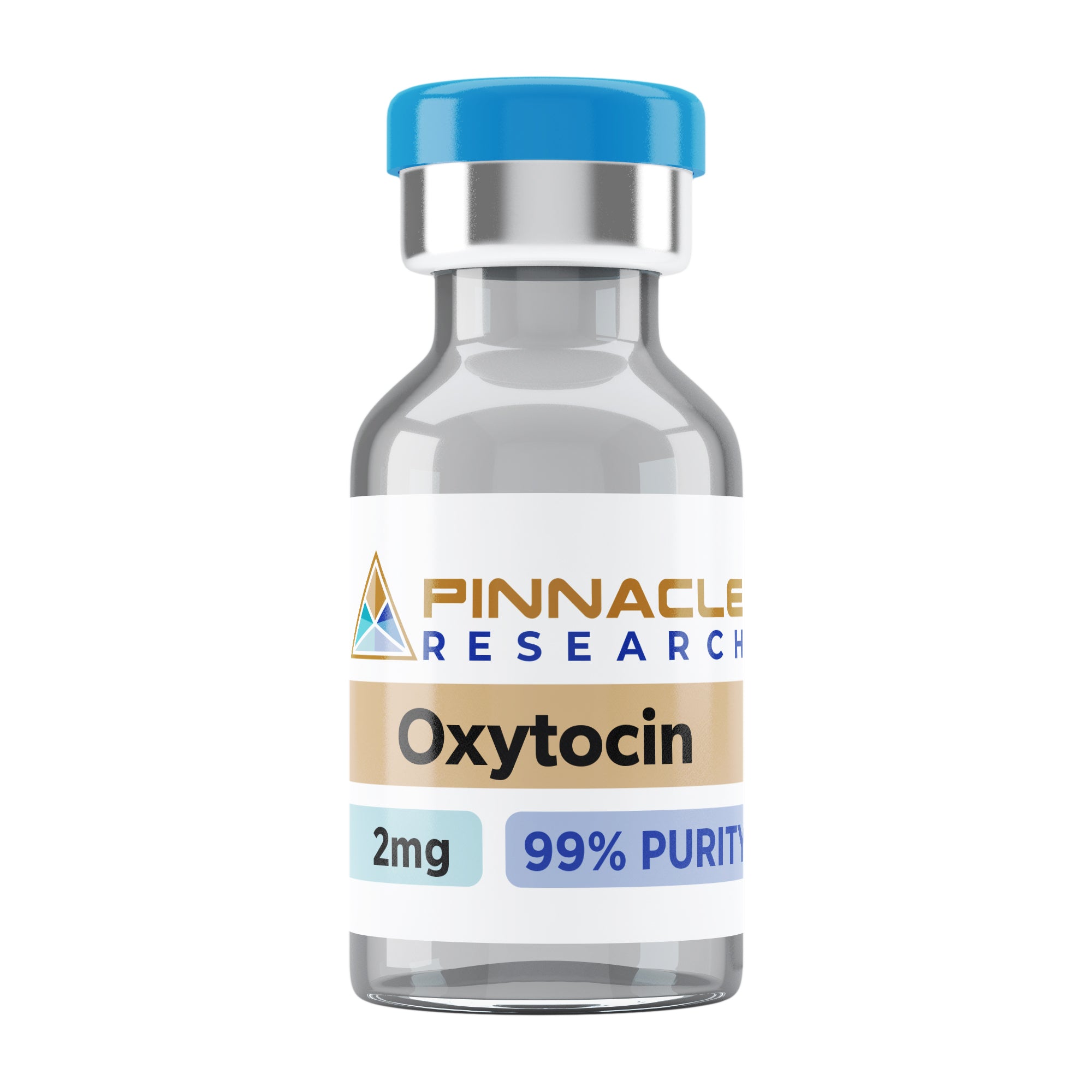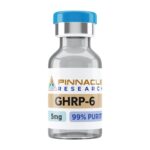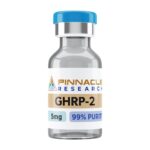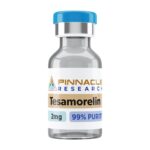About Oxytocin
Oxytocin is a naturally occurring protein hormone which plays a crucial role in sexual reproduction and childbirth. Additionally, the hormone helps enhance the bond between a mother and her offspring. New research studies into the synthetic version of the hormone have been suspected of boosting cognitive performance, minimizing the effects of diabetes and reducing cardiovascular risk.
What is Oxytocin
The Oxytocin protein hormone has two primary functions. The hormone is a neuropeptide secreted by the hypothalamus. It is crucial in enhancing the maternal bond between mothers and offspring, sexual reproduction and childbirth. Unlike the other standard blood-borne hormones, the Oxytocin protein hormone is produced by the pregnant mother’s placenta. The naturally occurring hormone affects milk production, bonding with newborns and childbirth. In men, Oxytocin is secreted by the testes in small amounts and affects pair bonding and mating behavior. More studies into the protein hormone have revealed that Oxytocin plays a crucial role in the following:
- Milk ejection and lactation,
- Social bonding,
- Changing neuron function,
- Fear and anxiety,
- Social bonding,
- Mood,
- Wound healing.
- Uterine contraction when giving birth
The Oxytocin protein is a short peptide with just nine amino acids. What about synthetic Oxytocin, and what are the potential health benefits associated with the compound?
Oxytocin Chemical Structure
- Sequence: Cys (1)-Tyr-Ile-Gln-Asn-Cys (1)-Pro-Leu-Gly
- Molecular Formula: C43H66N12O12S2
- Molecular Weight: 1007.193 g/mol
- Synonyms: Pitocin, Endopituitrina, Oxytocin
Oxytocin Research and Effects
Wound Healing
Oxytocin affects specific inflammatory cytokines, thus modulating inflammation. An experiment which observed the wound healing process of rats discovered that social interaction caused increased levels of Oxytocin which caused a faster healing process. The higher the Oxytocin levels, the faster the wound heals. Scientists conducted similar research among hostile couples; hostility among couples or interpersonal relationships reduced the healing rate by nearly 40%. The hostile couples also experienced lower levels of tumor necrosis factor-alpha, IL-1beta and IL-6 on the wound site.
Cardiovascular Risk
Oxytocin has been known to modulate inflammatory cytokines and improve wound healing rate. Scientists suspect that the hormone can also play a key role in protecting the vascular system and heart. The theory is based on the fact that the peptide has been observed to lower fat mass, enhance glucose tolerance, relieve anxiety and decrease blood pressure. These factors play a crucial role in offsetting cardiovascular disease (CVD). Hence it’s reasonable to assume the peptide can help promote cardiovascular health. Several research studies suggest that Oxytocin protects various tissues against ischemic injuries and may not be strictly active inside the heart tissue. Rats suffering from priapism (persistent erection) were administered Oxytocin during a research study, and the rats experienced reduced nitric oxide levels that enjoy maximum protection against ischemia-reperfusion injury.
Diabetes Management
Oxytocin causes increased glucose uptake of the skeletal by enhancing insulin sensitivity. Hence it can be potentially used in treating diabetes. There is evidence from research studies showing that Oxytocin can reduce dyslipidemia and body fat rates and affect lipid utilization. Oxytocin deficiency causes obesity, even when one workout and takes regular food. However, research on obese and lean mice showed that Oxytocin has zero effect on the lean mice’s body decomposition, glucose, and insulin levels. The peptide only affected the above parameters in obese mice, suggesting that the peptide was treating specific aspects of diabetes. Additionally, scientists observed that the peptide has different effects in diabetes compared to a condition where the disease was absent.
Cognitive Performance
There is plenty of research and evidence showing that early maternal deprivation can trigger alterations in behavioral and cognitive functioning. These alterations can be permanent. Scientific studies on mice suggest that the condition might be triggered by oxytocin changes triggered by reduced parental bonding. In a controlled study, maternally deprived mice were administered Oxytocin and recorded an improvement in hormones associated with neuron development secreted in the prefrontal cortex. Increased Oxytocin was associated with better cognitive performance. Similar results were observed in mice; when faced with stress, intranasal Oxytocin improved learning in a significant manner.
Anxiety
When the oxytocin receptor gene suffers from genetic polymorphisms, it causes attachment issues in children and social anxiety disorders. During a study involving patients suffering from social anxiety, the oxytocin receptor experienced epigenetic changes, suggesting there could be a possible compensatory mechanism. The possible compensatory mechanism could handle the shortage of Oxytocin in the body. Researchers confirmed that reduced levels of Oxytocin could trigger social anxiety. Oxytocin deficiency has significantly been linked to borderline personality disorder (BPD), an extreme medical condition of social anxiety. The medical condition is associated with extreme mistrust, changed non-verbal social behavior and hypervigilance toward threats. It was observed that Oxytocin administration reduced the effects of the condition.
Hunger
A study was carried out to observe the Prader-Willi syndrome condition considerably associated with uncontrolled appetite. Findings from the study revealed that the condition was characterized with increased suppression of the Oxytocin hormone. Researchers suspect that Oxytocin could affect the hunger state regulation and feeding behavior.
Old Muscle
New findings suggest that Oxytocin is critical in maintaining healthy muscle repair and maintenance. When there is Oxytocin deficiency caused by aging, individuals suffer from muscle wasting (sarcopenia). The Berkeley research observed a decrease in Oxytocin in the bloodstream and oxytocin receptors on muscle stem cells associated with aging. During an Oxytocin administration, the compound reversed the above effects in just a few days. Hence muscles enjoy a faster recovery process.
Oxytocin is a naturally occurring protein hormone which has plenty of benefits. Research studies show that the short peptide can offer more health benefits than its naturally occurring counterpart. Some of the critical bodily functions affected by the hormone include wound healing, changing neuron function, and lowering blood pressure. During Oxytocin treatment on mice, the peptide exhibited low oral, excellent subcutaneous bioavailability and minimal side effects.
Synthetic Oxytocin has more health benefits than naturally occurring Oxytocin. Currently, the compound is only available for research purposes and not for human consumption.




